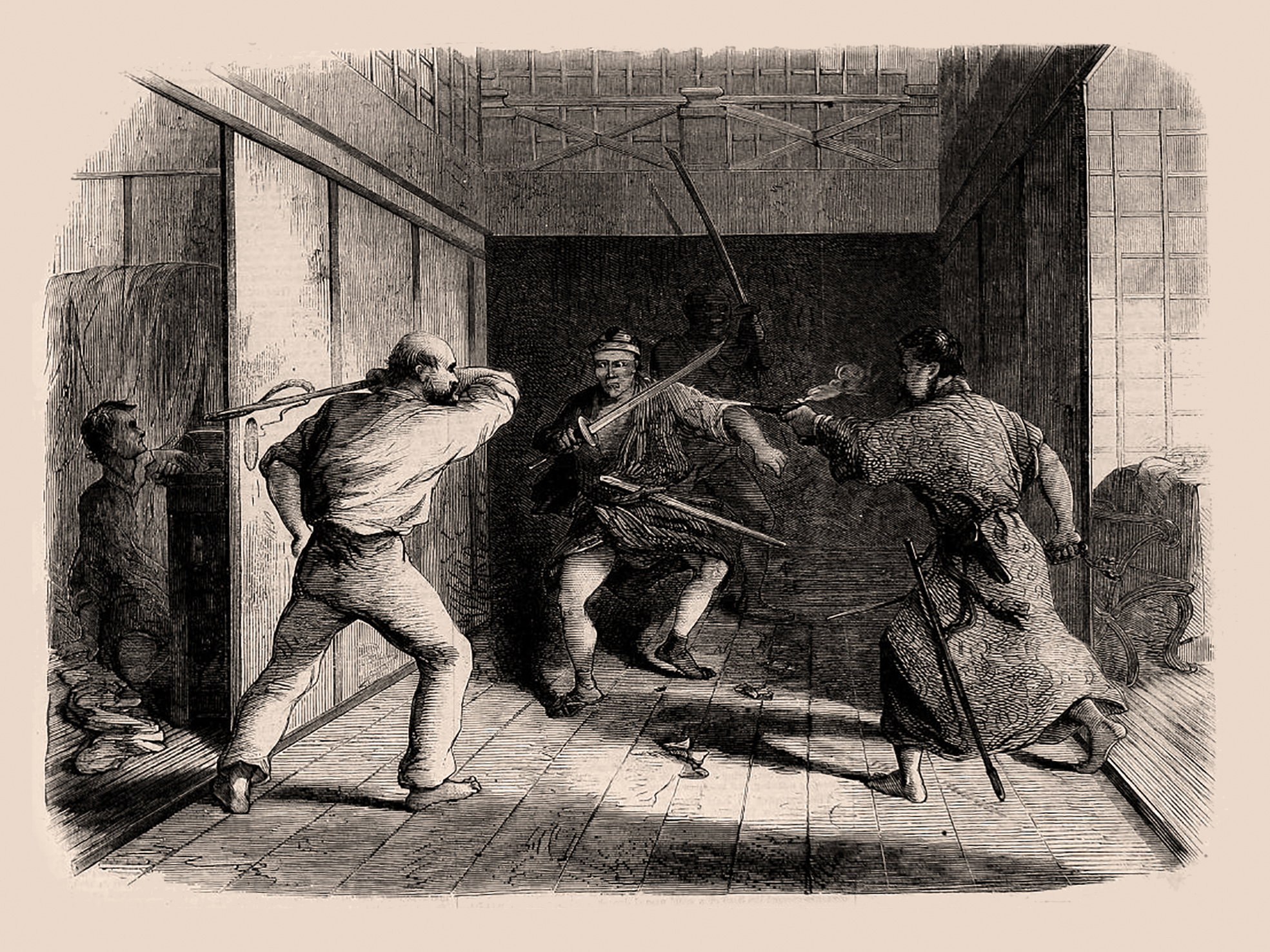The idea of the journey is as old as the literate world. If we read the Old Testament as an edifying travelogue through the Levantine, the great Indian epics as picaresque fables, tales of wanderlust, the descriptive passages contained in these texts are not so far removed from the unfettered writings of the great Arab traveler Ibn Battuta or the Venetian Marco Polo.
Under the police state managed by Japan's Tokugawa Shogunate from 1603-1868, the movements of foreign visitors inclined to write travel accounts, were even more circumscribed than those of Japanese citizens, who were able to resort to the pretext of undertaking religious pilgrimages to satisfy their urge to explore.
Restrictions on the itineraries of foreign visitors didn't stop them from recording their experiences and impressions. Some of the travel-like accounts were in the nature of reports that would have had political weight, particularly in Catholic Europe, where missionary work was often a prelude to military ambition. The Jesuit, Francis Xavier, in a letter to the Society of Jesus in Rome, described his activities in 1552, depicting the Japanese as, "honoring all that has to do with war, and all such things, and there is nothing of which they are so proud as weapons adorned with gold and silver ... when they go to sleep they hang them at the bed's head." Observations like this would have been poured over and analyzed.


















With your current subscription plan you can comment on stories. However, before writing your first comment, please create a display name in the Profile section of your subscriber account page.